When you are ready to buy a home, it is natural to shop around for the best mortgage rate and terms. But you may have heard that submitting multiple loan applications can damage your credit score and throw a wrench in your homebuying plans. Here is the truth behind hard inquiries, rate shopping, and how to protect your credit while securing the best deal.
The Difference Between FICO Score and Credit Score: How It Affects Your Mortgage and Rates
When applying for a mortgage, your creditworthiness plays a significant role in determining your loan approval and interest rates. Two commonly referenced terms are FICO score and credit score, which are often used interchangeably but have distinct differences.
How Do Mortgage Lenders Decide How Much You Can Borrow?
When buying a home, one of the most critical factors is determining how much you can borrow through a mortgage. Lenders evaluate multiple financial aspects to assess your borrowing capacity.
How Obtaining a Mortgage Can Impact Your Credit Score
When considering homeownership, many potential buyers wonder: Will getting a mortgage help my credit score? The answer is yes–if managed correctly. A mortgage is a major financial commitment, but it can also be a powerful tool for building and maintaining strong credit. Here’s how a mortgage can affect your credit score and what you should keep in mind.
What You Can Do Now to Prepare for Mortgage Rate Drops
As we move into the last month of 2024, many potential homebuyers are eagerly awaiting a drop in mortgage rates. With inflation numbers looking promising, there’s hope that the Federal Reserve will lower the federal funds rate, which typically drives mortgage rates down as well. If you’re planning to buy a home or refinance when rates drop, now is the perfect time to start preparing.
- 1
- 2
- 3
- …
- 8
- Next Page »


